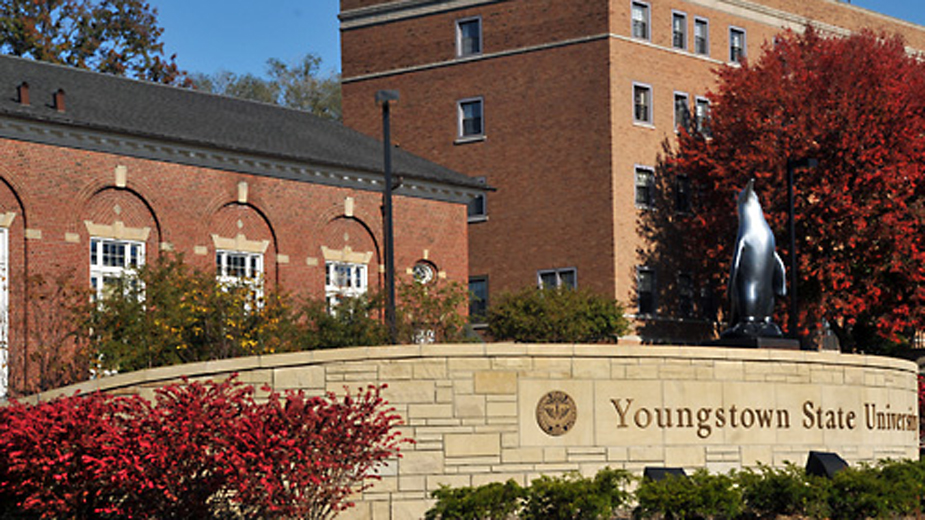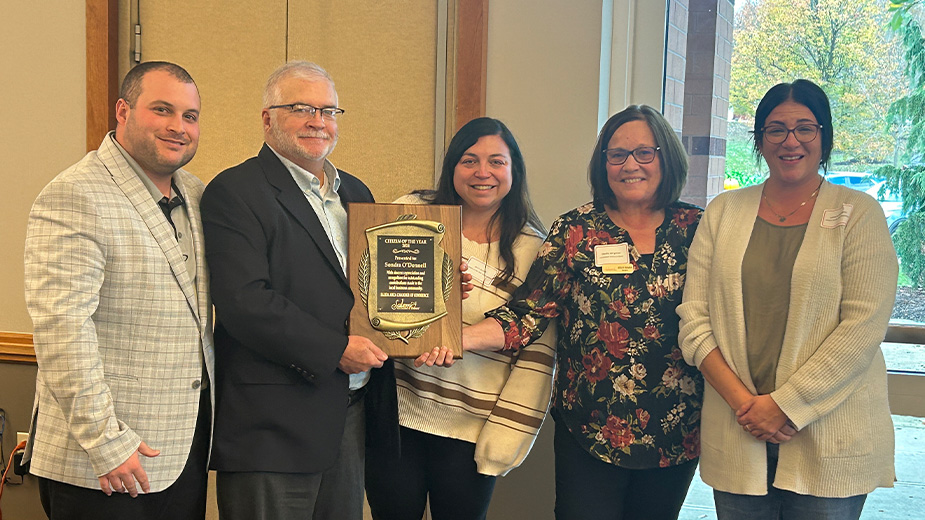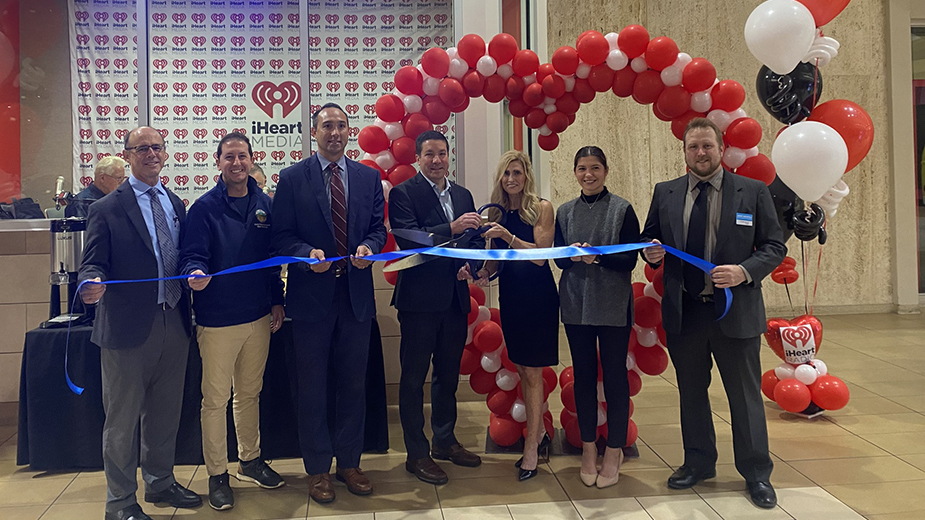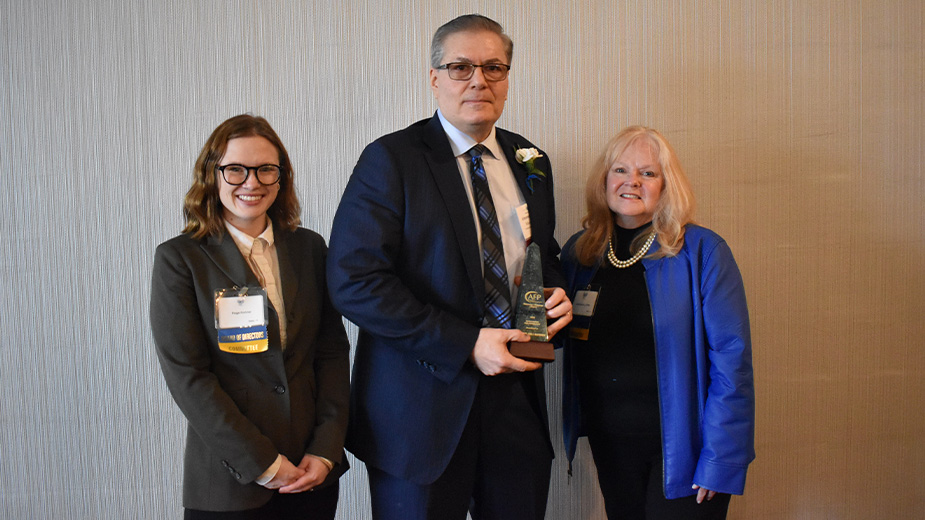YSU Hosts Working Class Studies Conference June 7-10
YOUNGSTOWN, Ohio – The annual Working Class Studies Conference will take place mostly virtually June 7 to 10.
Hosted by Youngstown State University’s Center for Working Class Studies, the conference, which began at YSU in 1995, is the birthplace of the working class studies discipline in the United States.
This year’s event will include more than 150 academics, activists, researchers and performers from across the globe, including presentations by YSU students and faculty from psychology, economics, English and journalism.
The conference is open to all and registration is $25. The program schedule and registration is available at WCSA2021.com.
The conference was initially slated to take place on campus last year but was postponed and switched to a virtual format due to the pandemic. There will be a livestreamed event and reception from the Youngstown Historical Center of Industry and Labor in Youngstown on June 9, 6:30 to 8 p.m., but the rest of the program will be virtual.
Joseph Varga, professor of labor studies at Indiana University and incoming president of the Working Class Studies Association, said the pandemic makes the work of the interdisciplinary conference even more relevant.
“The global COVID-19 pandemic has brought working class issues back to the front page, as researchers, journalists, activists, and workers debate workplace safety for frontline employees, the tattered social safety net, wages, child care, and a whole host of issues affecting working class people around the globe,” he said in a statement. “In fact, the crisis has afforded the opportunity to question the very essence of work, labor, wages, and working conditions.”
Tim Francisco, English professor and director of YSU’s Center for Working Class Studies, said he’s excited for the conference to come back to YSU – even in this year’s virtual format.
“More than 25 years ago, my predecessors and colleagues at YSU helped spark a national conversation about working-class issues, equity and opportunity, and in so doing helped found an entire discipline,” he said. “Now more than ever, we must continue the important work of appreciating and understanding diverse working-class cultures and advocating for human rights.”
Published by The Business Journal, Youngstown, Ohio.



